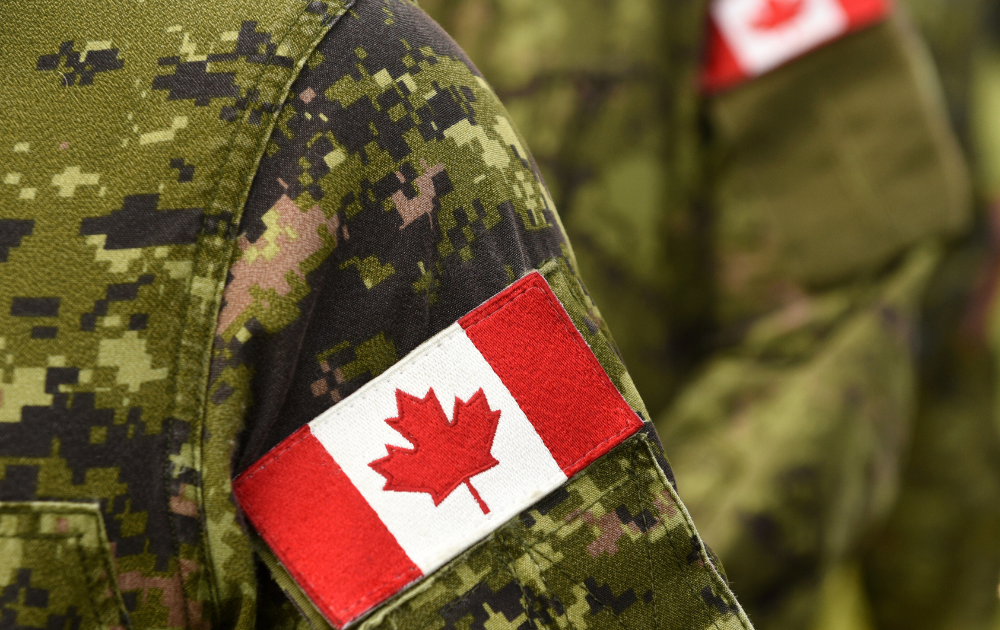By Lisa Taylor
In November, we turn our thoughts to those who have sacrificed their lives for Canada in conflicts around the world. This year, we do so at a time when the world is consumed with wars that, for many of us in Canada, feel much closer to home.
Challenge Factory is a values-based organization that works with a wide variety of clients, institutions, and organizations to shape a better Future of Work where no one is left behind. We are also a workplace, made up of diverse individuals who value the relationships we have with each other. It takes trust and kindness to do the work we do, and our values often help us as a team and company to navigate complex challenges occurring in both the world of work and broader society.
In recent years, Canada has welcomed Syrian, Afghan, and Ukrainian refugees as conflicts in each of these regions threatened the lives of civilians. Today, all eyes are focused on Israel and Gaza as minute-by-minute updates in our news and social media feeds cause us to react with outrage, skepticism, fear, or sadness.
Many of Canada’s senior leaders have enjoyed adulthoods when war rarely affected North Americans on a daily basis. Now, we find ourselves part of a world at war. Most Canadians don’t know the various phases and strategies of warfare. We often don’t understand the geopolitical realities that lead up to the outbreak of active fighting. Yet, thanks to the immediacy of social media, we are quick to form opinions and express our views on what we see and hear.
We see an increase in hate and division within Canada that does not reflect the values of our country or the reasons why members of the Canadian Armed Forces put themselves in harm’s way on our behalf.
We need to do better.

If the men and women in uniform keeping us safe around the world can serve and sacrifice, surely, we can serve in other ways. This does not require us to be in physical danger. Rather, our service can be learning not to judge and distrust.
It’s not easy to step away from the groundswell of protests or the groupthink found on social media. But our responsibility is to ensure we lead our workplaces and communities, which are among the most diverse and multicultural in the world, with informed knowledge and compassion. This duty demands of us at least three things:
- Take the time to check sources and refuse to share misinformation.
- Know the background of the movements and organizations that you support. Resist making a quick response or taking uninformed action.
- Notice where our own beliefs and actions may be putting fellow Canadians at risk, even if unintentionally. Start with where you are focusing on “the Other” and ask yourself if you really want that group to be unsafe here at home. How might you advocate for people in other parts of the world without putting your neighbours at risk?
When Canadians do not feel safe in their own cities, it dishonours those making sacrifices to keep us safe from threats abroad.
We are not at war within our borders. We should not accept statements that pit populations or sides against each other. Our streets and student campuses should not feel like battlegrounds. When command centres are set up in local neighbourhoods, we should know we are on the wrong track. We are Canada—strong and free only when we find a way to have difficult conversations and seek to build trust and kindness, not fear and hate, even when it seems impossible.
On Remembrance Day, we pause to remember and honour all those who have died on our behalf and in the name of freedom so we might raise our families in peace. It’s a good reminder that honouring them every day is not a passive activity. We need to pay attention to ensure no group is Othered, we start from what we have in common, and we lead with trust and kindness.
That feels like a worthy mission.

